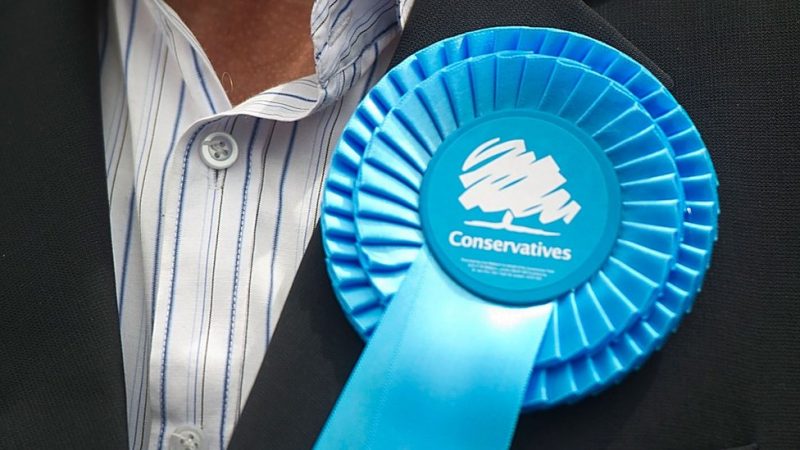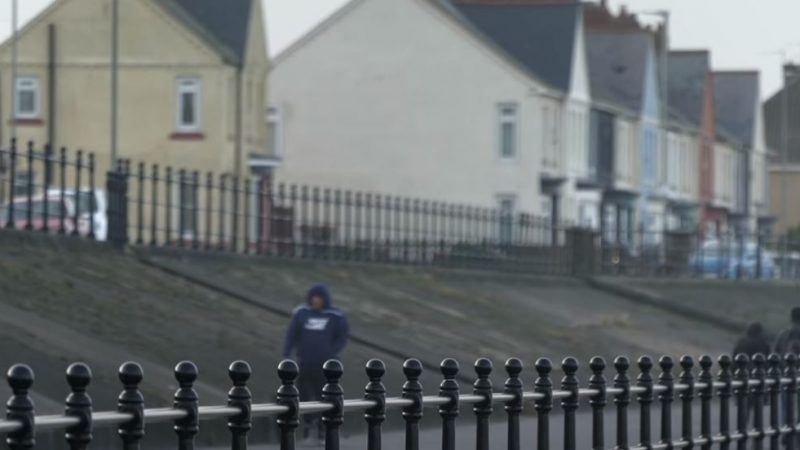‘It’s time for Shell to pay up’

Devastating floods in the Valencia region of Spain have claimed at least 155 lives this week. Scientists are pointing to climate change as a major factor exacerbating the disaster.
“No doubt about it, these explosive downpours were intensified by climate change,” said Dr Friederike Otto from Imperial College London, who leads an international group of scientists who try to understand the role that global warming plays in these type of events.
Amid harrowing images of the flooding in Spain, news broke of Shell’s $6 billion profits for the third quarter, surpassing forecasts by 12 percent.
On October 31, activists gathered outside Shell’s headquarters in London in protest of the fuel giant’s quarterly profit announcement. Armed with banners reading ‘Make polluters pay,’ and ‘Shell stop sucking the life out of us,” a range of speakers addressed the crowd, including Mitzi Jonelle Tan, a high-profile climate justice activist from the Philippines.
The campaigners are calling on Shell to pay up for what they describe as the “devastation caused to communities by their oil extraction and operations,” and are urging for funding for a “rapid, just transition away from fossil fuels.”
Joanna Warrington, spokesperson for Fossil Free London, which organised the event, said they are “seriously scared of the destruction Shell is causing.”
“From the communities in the Niger Delta whose water has been poisoned by Shell’s operations, to flash floods in Spain which are happening right now due to climate change, it’s time for Shell to pay up.”
The protest ended the ‘Make Polluters Pay’ week of action, which included climate workshops and a campaign on social media highlighting Shell’s excessive profits. Activists encouraged the public to contact their MPs, pushing for a government commitment to levy taxes on polluters to fund a loss and damage fund.
“The climate crisis is here. Spain is flooding and people are dying whilst Shell makes £4.6 billion in profits. How is this fair? The fossil fuel industry needs to pay up for the damage they have caused,” the activists posted on X.
Image credit – X screen grab Make Polluters Pay











